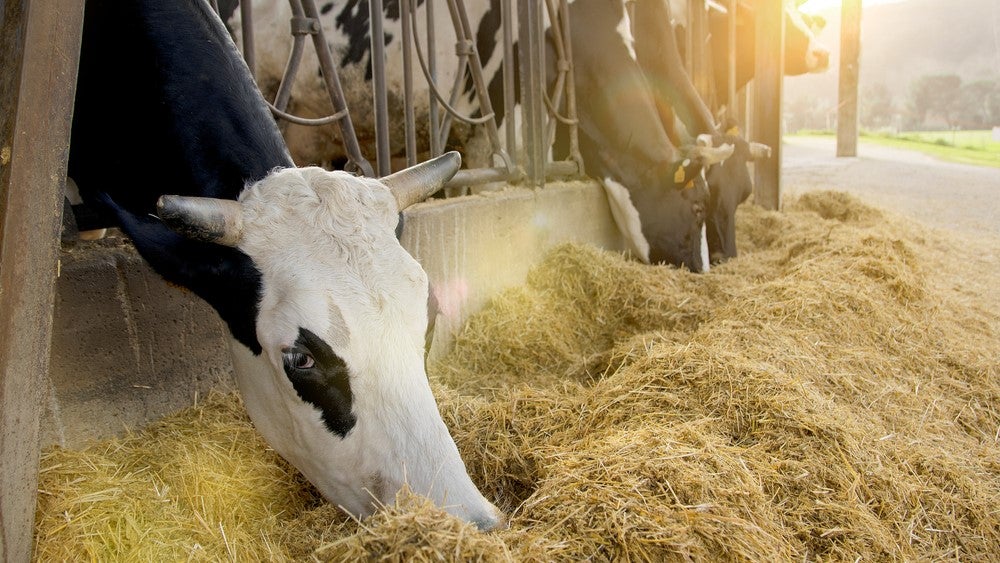A US jury has ordered egg producers, including industry giant Cal-Maine Foods, to pay $17.7m in damages to a number of food manufacturing companies after being found guilty in a long-running price-gouging lawsuit.
Under federal law that amount will be tripled to around $53m.
Mississippi-based Cal-Maine, the country’s biggest egg producer, said it was disappointed by the verdict and may appeal.
Cal-Maine, Rose Acre Farms, the second-largest egg producer in the country, as well as trade groups United Egg Producers and United States Egg Marketers, were sued back in 2011 by Kraft Foods, Kellogg, General Mills and Nestlé.
They alleged the egg producers engaged in a conspiracy to reduce supply in an attempt to increase the price of eggs. This included exporting eggs to reduce the overall supply in the domestic market and limiting the number of chickens through means including cage space and flock reduction.
On 21 November, a jury sitting in the US District Court for the Northern District of Illinois agreed with them, finding the food companies – customers of the egg producers – were injured by the conspiracy from October 2004 to December 2008.
The damages verdict in the case – Kraft Foods Global, Inc. et al. v. United Egg Producers, Inc. et al. – was handed down on Friday (1 December) in the same court.
In a widely-quoted statement, Brandon Fox, an attorney representing the food manufacturers, said: “This was an important case for many reasons, and the jury’s award recognises its significance.”
In its statement, Cal-Maine said: “Cal-Maine Foods respects the jury’s decision and appreciates that the damages awarded by the jury are relatively modest compared to the damages sought but remains disappointed with the verdict as Cal-Maine Foods continues to believe that the company did nothing wrong. The two earlier trials based on substantially the same facts and legal arguments resulted in findings of no conspiracy and/or damages.
“Because Cal-Maine Foods believes that the plaintiffs’ claims fail as a matter of law, Cal-Maine Foods has petitioned the court to enter a judgment in its favour, known as a directed verdict, notwithstanding the jury’s decision.
“Significantly, the jury found that the UEP [United Egg Producers]-certified programme itself does not constitute a restraint of trade. Also, because the egg producers in this case only represent 15.5% of the market, Cal-Maine Foods believes the law is clear that the defendants in issue did not have sufficient market power to restrain trade. Cal-Maine Foods looks forward to the court’s consideration of these arguments and will continue to evaluate its options, including, if necessary, an appeal.”
In a statement, Rose Acre Farms said: "Rose Acre Farms is disappointed - and strongly disagrees - with the jury’s verdict and damages award, which contradicts the jury decisions in the two previous trials (with other plaintiffs) on these same issues, which resulted in defense victories.
"Rose Acre has and continues to steadfastly deny being part of any anti-competitive egg price-fixing conspiracy and we will continue to explore and consider all legal options, including post-trial relief and appeal."
Just Food has also asked United Egg Producers and United States Egg Marketers for their responses to the verdict, outside of US office hours.
Kraft Heinz has also been contacted for its comments.















